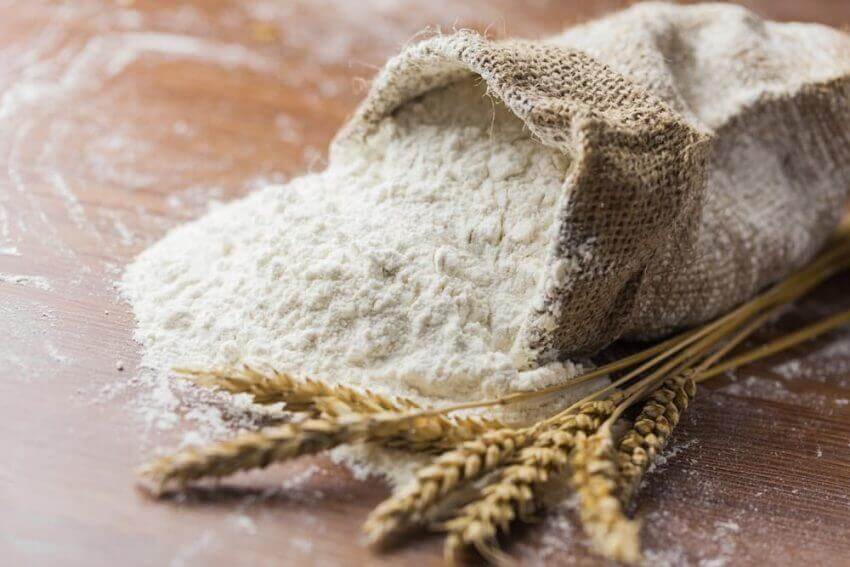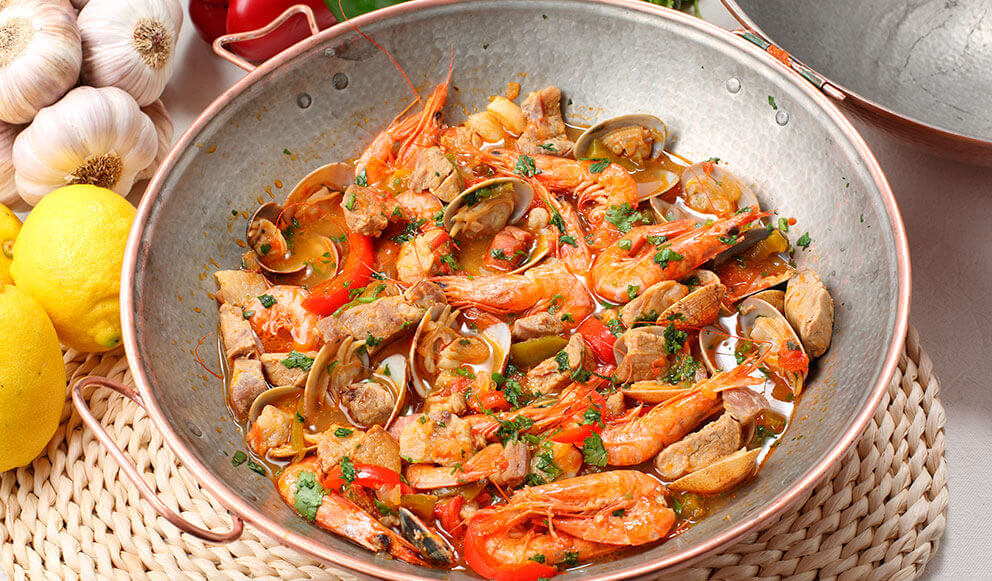8 Foods to Avoid When You Have Inflammation


Written and verified by the doctor Nelton Abdon Ramos Rojas
Inflammation is a natural bodily process caused by the immune system when faced with toxins and pathogenic agents that cause illnesses. It can compromise the health of any organ in the body and is one of the factors associated with recurring pains and fatigue.
Although it can appear sporadically, in some people, it can be chronic and can cause more serious conditions.
Furthermore, it’s often related to pain in the joints, gastric problems, and difficulty breathing. Therefore, it can seriously affect your quality of life. Unfortunately, many of us don’t pay enough attention to this. We also don’t realize that some foods can make the situation even worse.
For this reason, we want to reveal eight foods you should avoid if you have inflammation.
1. Processed meats

The consumption of processed meats is on the rise, and although it’s an easy option for cooking, it’s related to common inflammation problems.
The main problem lies in that they contain high levels of sodium, nitrates, nitrites, and other various added chemicals which, once in the body, can cause an inflammatory response.
Furthermore, given that they contain too much fat, they tend to worsen pain caused by conditions such as arthritis, gout, and osteoarthritis.
2. Refined vegetable oils
Vegetable oil is found in kitchens across the world and tends to be found in almost everyone’s daily diet. Although there are healthy options, like olive oil, many types are refined and contain added harmful fats.
Thus, consuming them regularly affects inflammation. In fact, it may worsen the symptoms of associated illnesses.
3. Dairy products

People who have inflammatory problems are generally discouraged from consuming milk, cheese, and other dairy products. Of course, not all people are lactose intolerant. However, its ingestion can cause digestive problems. In turn, this worsens the inflammation.
Eating these foods is associated with:
- Gastrointestinal problems.
- Constipation and diarrhea.
- Hives and skin allergies.
- Breathing difficulties.
- Joint pain.
4. Fried foods
Fried foods, including packaged ones, contain trans fats. Also, they have excessive amounts of sodium and added chemical compounds. As well as causing inflammation, these components cause metabolism imbalances.
Eating them worsens the symptoms of inflammatory illnesses. In addition, they cause weight gain, digestive problems, and high cholesterol.
5. Refined flours

Flour that’s been through refinement processes loses its nutritional quality and can cause inflammation if it’s consumed excessively.
Although it doesn’t cause any problems in small amounts, eating it regularly will worsen abdominal inflammation and inflammation of the joints.
Remember that this product is in:
- Pizza
- Bread
- Cookies and baked goods
- General bakery produce
6. Margarine
You should reduce your consumption of margarine, even if you’re quite healthy. Margarine contains high levels of trans fats and hydrogenated oils, which could cause the appearance of inflammatory and metabolic imbalances.
The high number of calories it contains also causes weight gain, which in turn tends to make things worse for arthritis patients, or people with other bone problems or chronic pains.
Read this article: Can Calories Turn Into Fat?
7. Seafood

If inflammation is caused by a build-up of uric acid in the body, it’s best to limit the amount of seafood you eat.
- This is because it contains a high level of purine. This substance changes into uric acid in the body.
- This builds up in the joints and kidneys, which then crystalizes and can cause gout and kidney stones.
8. Salt
Salt has become one of the most potentially dangerous foods for human health. Although in certain amounts it’s good for important bodily functions, excessive consumption can cause serious adverse reactions.
Among the possible problems it can cause is water retention, which is one of the causes of increased inflammation. As well as this, there are disorders such as hypertension and circulatory problems.
Especially if you’re fighting a disease linked to high inflammation levels, you should start reducing your consumption of these foods. In the same way, keep in mind that there are healthy alternatives to replace them.
Prioritize fresh foods to avoid inflammation
Remember that, although these options are harmful, other foods benefit the control of inflammation.
Also, don’t forget to get regular check-ups to rule out any serious conditions. These tips are recommendations that can complement the treatment that a doctor indicates.
All cited sources were thoroughly reviewed by our team to ensure their quality, reliability, currency, and validity. The bibliography of this article was considered reliable and of academic or scientific accuracy.
- Al-Attas, O. S., Al-Daghri, N. M., Alokail, M. S., Alkharfy, K. M., Khan, N., Alfawaz, H. A., … Chrousos, G. P. (2014). Association of dietary fatty acids intake with pro-coagulation and inflammation in Saudi Adults. Asia Pacific Journal of Clinical Nutrition, 23(1), 55–64. https://doi.org/10.6133/apjcn.2014.23.1.12 Disponible en: http://apjcn.nhri.org.tw/server/APJCN/23/1/55.pdf
- Cabré Gelada E.. Nutrición y enfermedad inflamatoria intestinal. Nutr. Hosp. [Internet]. 2007 Mayo [citado 2018 Oct 31] ; 22( Suppl 2 ): 65-73. Disponible en: http://scielo.isciii.es/scielo.php?script=sci_arttext&;pid=S0212-16112007000500009&lng=es.
- Micha, R., Wallace, S. K., & Mozaffarian, D. (2010). Red and processed meat consumption and risk of incident coronary heart disease, stroke, and diabetes mellitus: a systematic review and meta-analysis. Circulation, 121(21), 2271-83. Disponible en: https://www.ncbi.nlm.nih.gov/pmc/articles/PMC2885952/
This text is provided for informational purposes only and does not replace consultation with a professional. If in doubt, consult your specialist.








